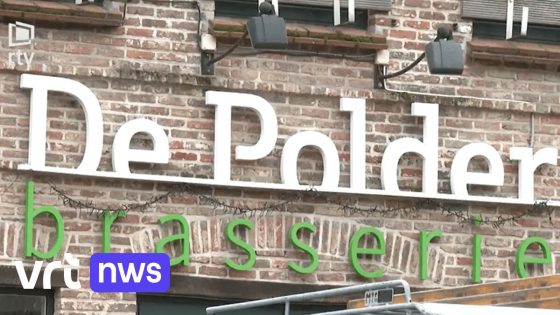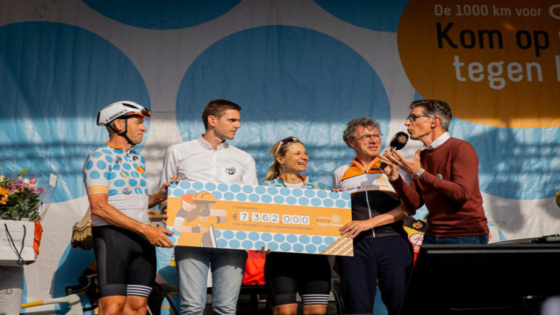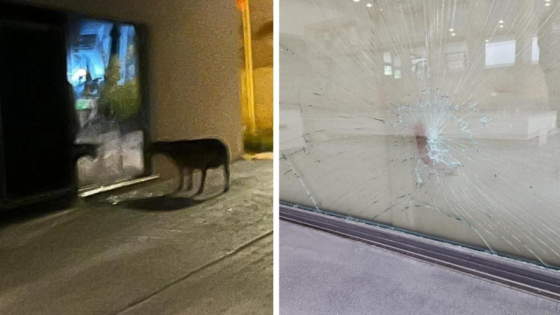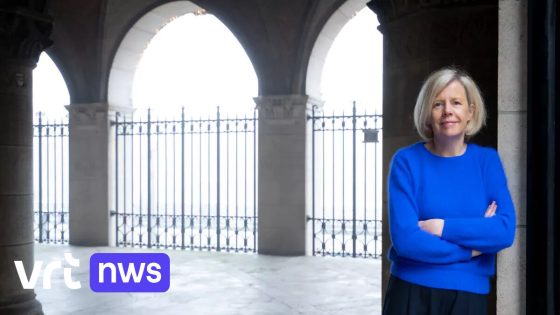Vlaams minister voor Brussel Cieltje Van Achter’s recent decision to cut funding for Studio Globo and Kuumba has sparked debate among Brussels policymakers. The announcement, discussed in the VGC council on 2025-05-13 20:15:00, challenges the future of these two strategic partner organisations previously supported by the Flemish government.
- Vlaams minister stopt samenwerking met Studio Globo
- Raadsleden kritisch over subsidie- en beleidsbeslissing
- Positieve evaluaties van Kuumba en Studio Globo
- Oppositie vreest ideologische motieven achter keuze
- Kleine besparing tegenover grote impact subsidies
- Kuumba bedreigd door wegvallen investeringsvoorwaarden
Both organisations have been key players in strengthening the Dutch language and cultural ties between Flanders and Brussels. Yet, Van Achter explained that they no longer fit within her current policy strategy. This move has raised eyebrows among opposition parties such as CD&V, Open VLD, Vooruit, and Groen, who question the rationale behind ending support despite positive evaluations.
Why cut funding when these groups contribute to core goals? And is this decision driven by ideology or budget concerns? These questions underline the controversy surrounding the changes, leading US to examine the local impact and implications more closely.
Is this funding cut a matter of financial necessity or political strategy? Critics argue the savings are minimal and do not justify the impact on small but valuable organisations. Key points include:
- Both organisations received positive evaluations and contribute to Flemish-Brussels ties.
- Subsidy cuts affect Kuumba’s ability to maintain a building renovation funded by a prior 500,000-euro investment.
- Opposition parties suspect ideological reasons behind the decision rather than budget constraints.
- The move raises concerns about the future of Flemish cultural policy in Brussels.
Looking ahead, it remains crucial for policymakers to clarify their strategies and engage stakeholders transparently. Will the Flemish government reconsider its approach to sustain Brussels’ vibrant cultural landscape? Only time will tell how these decisions will shape the region’s future.
































